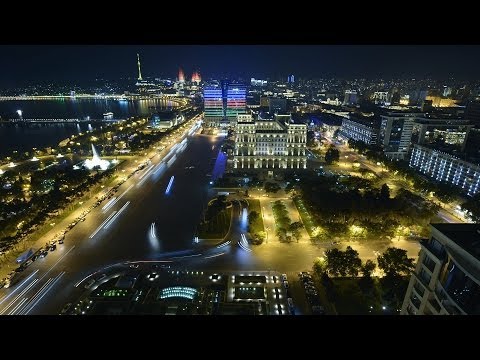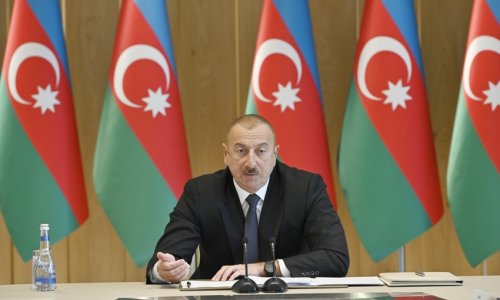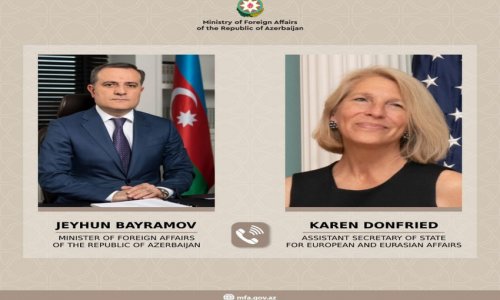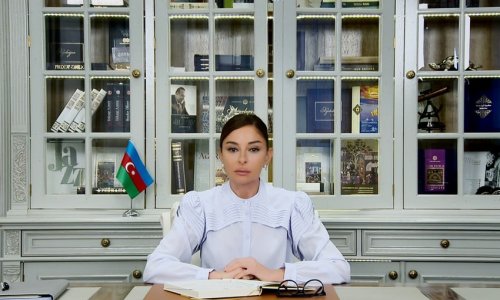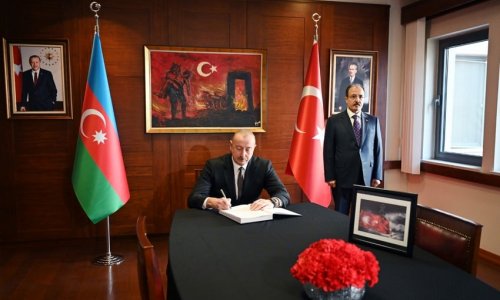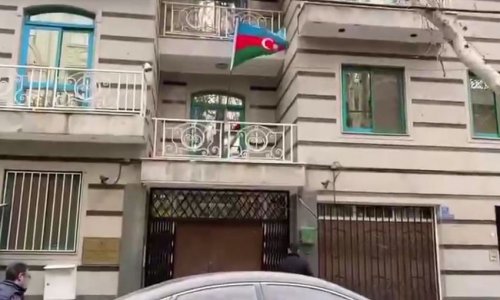By Annette Blum
As Oscar Wilde once said: "Life imitates art far more than art imitates life." In fact, art as it is seen today can manifest in many forms and can represent the tangibility of our dreams or the conception and construction of something innovative and infinitely creative. A most profound example of this kind of artistic process is dialogue; a process of sharing and communication sometimes overlooked as a form of creativity, but perhaps the most prevalent and influential medium in existence. A testimony to the power of dialogue in art and innovation can be found at the intersection of art, social action and social justice; sectors that are working together across the globe and creating strategic alliances to impact change as understanding of these collaborations becomes more mainstream.
For activists, artists, and believers in the potential of dialogue as a mechanism for assisting world peace, understanding how this works on a global level is critical to impacting meaningful change. But how exactly does dialogue help us realize these promising directions and what examples can we study and learn from to go forward and build better models of human engagement and potential systems that embody and enable peace? That very question is important to me as an activist for NGO's which includes interfaith organization, Religions for Peace, and as a collaborator and supporter of activism in the arts. I was privileged to see this objective in process recently when I traveled to Baku, Azerbaijan.
As a panelist and participant in the 2015 Baku World Forum on Intercultural Dialogue, I joined a large international group of colleagues and leaders to disseminate how the qualities and characteristics of dialogue factor into the standards and health of multiculturalism and social harmony. I had heard contrasting opinions about Azerbaijan, but gladly accepted the invitation to attend for several reasons.
First, I found it very interesting that Azerbaijan was the first secular democracy in the Muslim world established in 1918. Additionally, Azerbaijan chose to offer women the right to vote in 1919 despite being surrounded by conservative and in some cases, radical ideologies. This is a year before the United States delivered those essential rights which demonstrates a basic recognition of the vitalness of women in society and leadership.
The third reason of equal importance to the others is Azerbaijan's long history of friendship with Israel. The two countries have a shared vision for the world, and have strong values of diversity. I was privileged to visit the Jewish community and a synagogue with my colleague, Rabbi Cooper from the Simon Wiesenthal Center. The Jewish community for the most part lives peacefully with the Muslim majority in Baku. Interfaith marriages are accepted and the two communities share the common interest of working together to create a better nation. In addition to sharing these key values, Israel and Azerbaijan also share resources. Azerbaijan provides a large percentage of Israel's oil and Israel invests and shares technology and services with the government and people of Azerbaijan.
Our diverse delegation in Baku discussed how community and government leaders can play an important role in managing and optimizing strategic alliances and objectives in a world with continuous developing access and information and in a time when dialogue plays such a fundamental role in shaping our immediate future. Azerbaijan is geopolitically unique with its strengths and those that have protected the country from the triggers and factions of extremism ravaging the surrounding region. In this context, it is also relevant to address that the only ongoing conflict in Azerbaijan in the region of Karabakh near the Armenian border was initiated by the Soviets in 1992 and is over territory only and not over religious differences in contrast to other countries in the region. Before this dispute, intermarriage between Muslim Azeris and Armenian Christians was very common and despite the conflict, there are still more than 30,000 Armenians living peacefully in Azerbaijan.
Considering all of these factors, The Republic of Azerbaijan was an appropriate and very interesting location for this event which highlighted its commitment and success to interfaith and multicultural harmony, both domestically and internationally. It was inspiring to re-connect with colleagues and like minded leaders who all traveled to Baku to see how multiculturalism has been implemented in a secular and primarily Muslim country and how the Azerbaijani values of tolerance have been sustained in today's society. We recognized that by sharing what is positive in Azerbaijan, we can help share a new perspective on what many other nations hope to achieve.
We spoke definitively as a group about the need for the continuation of dialogue around the world and its impact and about how much work has yet to be done. Through the Azerbaijani narrative on interfaith peace, this unique society offers a powerful example for many other countries as a model for how diverse communities could live together in peace and mutual respect. The fact that Azerbaijan achieves this while bordering Iran speaks to the strength and solidarity of its principles.
Unlike other Muslim allies of Israel who,for the most part, have both unstable governments and populations that challenge their ability to achieve peace, Azerbaijan's success relies on the full-scale embrace of this openness and tolerance by both government and the society at large which has remained primarily stable for many decades. With a clear and shared agenda against extremism and intolerance firmly rooted throughout the nation, the threats from surrounding countries have no space or place to grow.
Azerbaijan has proven this commitment throughout all levels and sectors of society. A Jewish Woman sits on the Azerbaijani Supreme Court with her Muslim and Christian colleagues and Jewish and Christian members of Parliament operate in full autonomy despite a Muslim majority. Azerbaijan is a nation where people of all faiths and cultures live in freedom and hold equal chance of success.
With my own focus on the role of activism in the arts as a mechanism for dialogue and peace, I found the experience I had in Baku to be an accurate representation of the subject we had gathered to debate. It served as a living example of the kind of co-existence we are all invested in and highlighted the commitment and atmosphere of acceptance which are of vital necessity to achieving world peace.
www.ann.az
Follow us !

